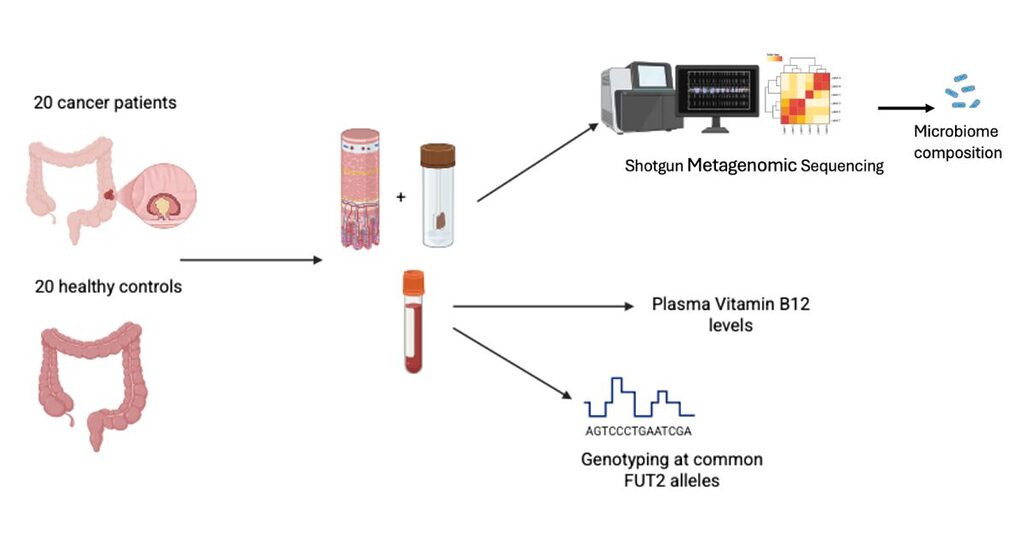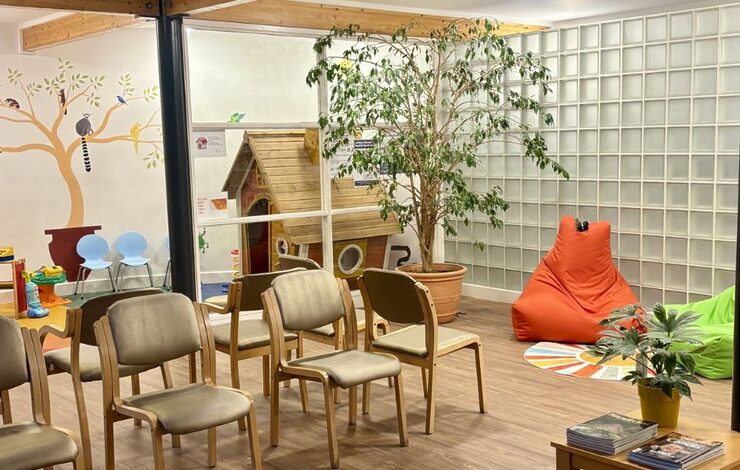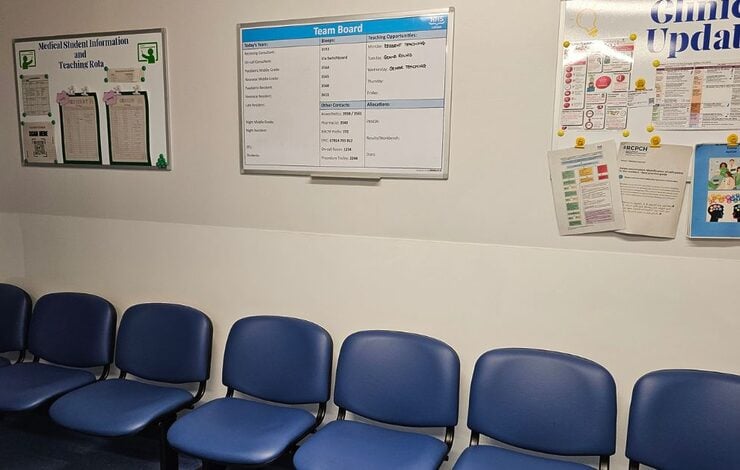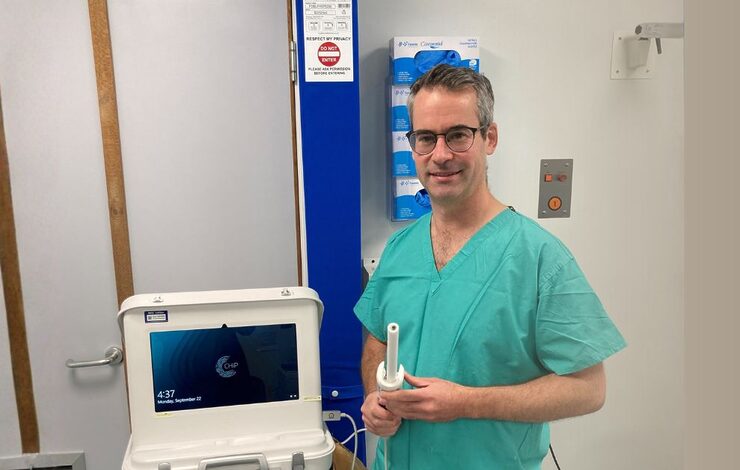2 October 2025
NHS Lothian Charity Supports New Pilot Study on Bowel Cancer Detection
Tagged by
Bowel cancer is one of the most common cancers in Scotland. Right now, nearly 29,000 people are living with it — and that number is expected to grow by almost half in the next 20 years.

Morven Allan, a Trainee Colorectal Surgeon with NHS Lothian, led a pioneering study with funding from NHS Lothian Charity. Her research looked at a gene called FUT2, which may affect a person’s risk of getting bowel cancer by changing the mix of bacteria in the gut. Because of research by experts like Morven, more than half of people diagnosed with bowel cancer today will live for at least 10 years.
Current tests for bowel cancer can be uncomfortable and undignified, especially when patients are already worried about their health. The hope is that Morven’s research will lead to less invasive bowel cancer detection, such as using stool samples instead of colonoscopies. The long-term goal is to stop bowel cancer before it starts — by using things like a person’s genes to spot who’s most at risk and help them early, reducing the need for challenging testing and treatment, and ultimately saving more lives.
This was a small, pilot study to test the theory. The idea was that if it established links, it could be undertaken on a larger scale to confirm the results. The study involved 20 cancer patients and 20 patients without cancer from across Scotland, and it took Morven 18 months to prepare before the laboratory work could begin. Morven personally coordinated and collected blood, stool, and rectal biopsy samples. Gathering the biopsy samples was a complicated undertaking that involved arriving before the patient’s surgery to gather consent and perform the necessary surgery. Because around 20% of people don’t produce the gene, many more samples were needed to ensure robust data.
She collaborated closely with a clinical research nurse, a skilled statistician, and a laboratory manager to conduct the study. The team used a cutting-edge technique called ‘Shotgun Metagenomic sequencing’ in the lab to analyse the entire genetic content of microbial communities in a sample — without the need to isolate or culture individual organisms, providing much deeper insight than traditional methods. This enabled Morven and her team to identify 21 bacterial differences in patients who produce the FUT2 gene, all which are linked to bowel cancer.
These early results are a crucial first step — and could help change how bowel cancer is found and even help stop it before it starts.

Making a donation is a wonderful way to say #ThankYouNHS and help us continue to improve, change and save lives now and in the future.
Find out more about how generous donations are supporting projects across NHS Lothian

Giving staff the time, space and support to learn together: Falls Learning Conference 2025
Falls remain a leading cause of injury, loss of independence, and hospital admission among older adults in Lothian.

Creating a Calming Space: Enhancing the Waiting Room at Dunbar Medical Practice
Waiting for an appointment can be stressful for patients and families. Thanks to generous donations, Dunbar Medical Practice has transformed their waiting area into a warm, welcoming space where patients and families feel more comfortable and at ease.

Creating a Brighter, More Welcoming Space: Upgrading the Children’s Ward Hub at St John’s Hospital
The hub on the children’s ward at St John’s Hospital is the heart of the team’s work. A space where staff coordinate care and sometimes invite families to discuss treatment plans

How Your Support is Helping NHS Lothian Bring Advanced Diagnostics to Outpatient Care
Thanks to your generous support, the Colorectal Unit at Western General Hospital has introduced the Lumeneye System into outpatient clinics.